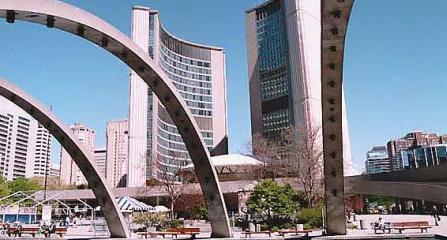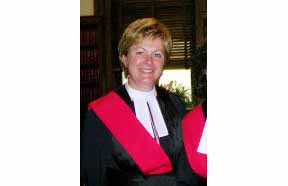A woman places flowers to pay her respects to the victims of the shooting spree and bomb attack in Norway, on the shore in front of Utoeya island, northwest of Oslo, July 26, 2011. Norwegian Anders Behring Breivik is in all likelyhood "insane", his lawyer said after the anti-Islam radical admitted to the bomb and shooting spree in Norway on Friday that killed 76 people.
Photograph by: Jeff J Mitchell/Getty Images
OSLO — Oslo's central train station was partially evacuated and bomb disposal teams deployed on Wednesday morning because of a suspicious item of baggage, Norway's NTB news agency reported.
"A bag apparently with no owner was found next to the platform used by the airport shuttle, number 19. The area around the platform was evacuated. Therefore trains and buses do not travel in this area," railways spokesman Olav Nordli told the agency.
"Police are on the scene and taking the measures they deem necessary. The area has been evacuated . . . this measure does not concern the entire central station but a good part of it," he said.
Bomb sniffing dogs are on the scene, TV2 television station reported, adding that a man had got onto a bus that is temporarily replacing the train to the airport, put his baggage down and left again.
Police are looking for a man aged 25-30 wearing black with white headgear, TV2 said.
Norway is on the alert after twin bombing and shooting attacks on Friday left 76 people dead, the worst bloodshed in the country since WWII.
"A bag apparently with no owner was found next to the platform used by the airport shuttle, number 19. The area around the platform was evacuated. Therefore trains and buses do not travel in this area," railways spokesman Olav Nordli told the agency.
"Police are on the scene and taking the measures they deem necessary. The area has been evacuated . . . this measure does not concern the entire central station but a good part of it," he said.
Bomb sniffing dogs are on the scene, TV2 television station reported, adding that a man had got onto a bus that is temporarily replacing the train to the airport, put his baggage down and left again.
Police are looking for a man aged 25-30 wearing black with white headgear, TV2 said.
Norway is on the alert after twin bombing and shooting attacks on Friday left 76 people dead, the worst bloodshed in the country since WWII.
© Copyright (c) AFP
























